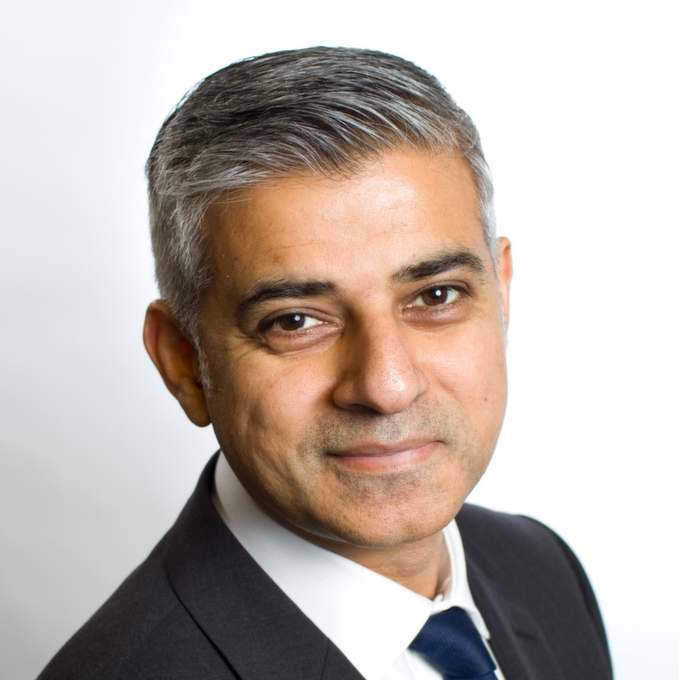
Brexit: Scotland and London to demand further devolution
24 June 2016
by Steve Hoare
The overwhelmingly pro-European vote in Scotland encouraged the country’s first minister Nicola Sturgeon to demand a seat at the Brexit negotiating table, where she said she would be joined by London Mayor Sadiq Khan.
Sturgeon said on Friday (24 June) that Scotland would likely seek a new referendum on its membership of the United Kingdom as Scottish cities such as Glasgow voted 66.6 percent in favour of staying in the EU and an astonishing 74.4 percent of those in Edinburgh voted to remain.
The Scottish first minister said she had spoken to Prime Minister David Cameron after the referendum to make it clear she expected to be consulted on all discussions about the UK’s actions.
“We will also be seeking direct discussions with the EU institutions and its member states including the earliest possible meeting with the President of the European Commission,” said Sturgeon. “I also communicated over the weekend with each EU member state to make clear that Scotland has voted to stay in the EU and I intend to discuss all options for doing so.”
She added that she had also spoken to London Mayor Sadiq Khan following the vote and he made it clear that he shares the same objective for London.
The population of the UK’s major cities voted overwhelmingly to remain in the European Union with only Birmingham, Nottingham and Sheffield voting to leave by a narrow margin of just 0.4 percent, 1 percent and 0.8 percent respectively.
Around 60 per cent of Londoners, Liverpudlians and Mancunians voted to remain while over 70 percent of those in Oxford and Cambridge voted to stay. Even when it was closer in cities such as Leeds, Leicester and Newcastle, the result was the same.
The results raised the prospect of further devolution to cities in the wake of the poll and January’s Cities and Local Government Devolution Act.
“The reason we have seen progress on devolution is the strong political leadership of the Chancellor George Osborne and the treasury. We will need to see that continued by a new prime minister and the chancellor if more devolution deals are to be agreed,” commented Jo Casebourne, a programme director at the Institute for Government.
After Prime Minister David Cameron announced his intention to resign, it is expected that his close political ally and fellow Remain campaigner Osborne will also leave his post.
Thus far, 10 cities/regions have agreed devolution deals with the central government in Westminster but another 28 are locked in negotiations or are awaiting news on their applications.
Meanwhile, EUROCITIES President and Mayor of Nantes Johanna Rolland called for “a new European model” with “new governance”.
“We are stronger working together: Europe’s cities will continue to thrive thanks to cooperation and exchange of experience. The EU can be revived if we look to our cities. We, EUROCITIES, will continue cooperating with large British cities. As mayors, we are aware that we have an important role to play in making the EU more citizen-oriented, united and open,” said Rolland.
| City | Percentage voting to remain | Percentage voting to leave |
| Edinburgh | 74.4 | 25.6 |
| Cambridge | 73.8 | 26.2 |
| Oxford | 70.4 | 29.6 |
| Brighton | 68.6 | 31.4 |
| Glasgow | 66.6 | 33.4 |
| Bristol | 61.7 | 38.3 |
| Manchester | 60.4 | 39.6 |
| Cardiff | 60 | 40 |
| London | 59.9 | 40.1 |
| Liverpool | 58.2 | 41.8 |
| Leicester | 51.1 | 48.9 |
| Newcastle | 50.7 | 49.3 |
| Leeds | 50.3 | 49.7 |
| Birmingham | 49.6 | 50.4 |
| Nottingham | 49.2 | 50.8 |
| Sheffield | 49 | 51 |
| Stoke-on-Trent | 30.6 | 69.4 |











